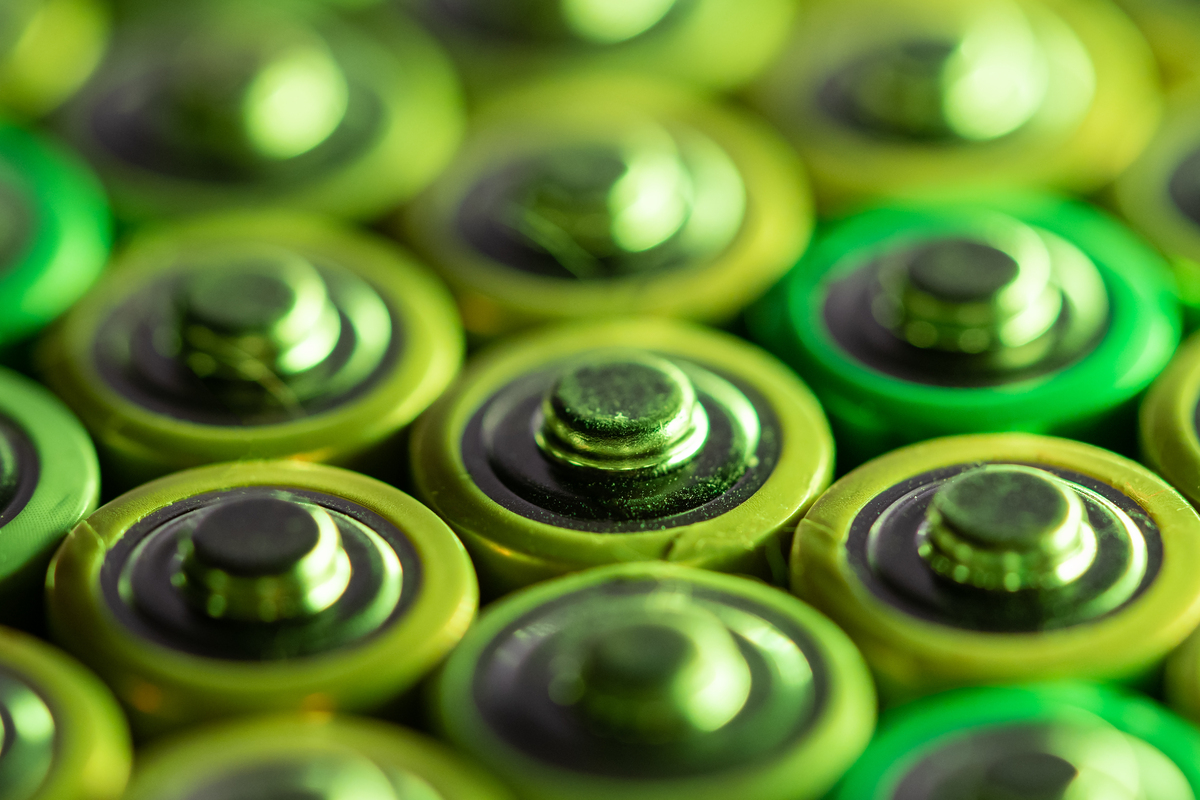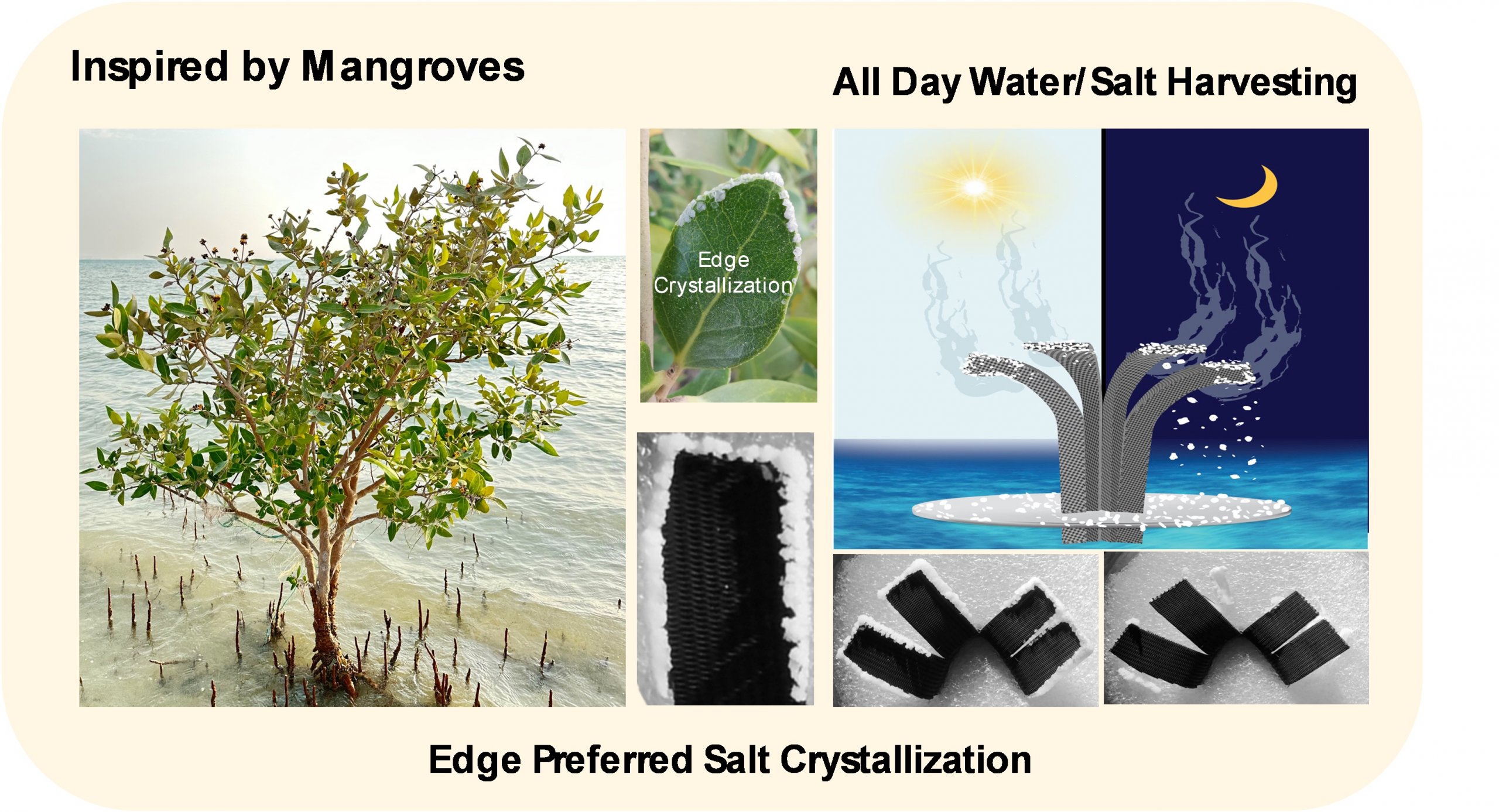
By Dr Tariq Shamim
January 5, 2013
Airplanes are marvelous – and even better when they don’t rust to pieces in the air.
Ensuring that they don’t is quite a challenge. The air they fly through is moist – especially in coastal areas like the UAE – as well as being often either extremely hot or freezing cold, and of variable pressure depending how high up a plane is.
Not only that, there are some extremely nasty chemicals in the upper atmosphere that are prone to eating away components made of metal and plastic alike.
Which, needless to say, is not what you want when the lives of hundreds of passengers depend on each and every component staying sound.
To stand up to these exposures, many aircraft parts are plated with electrolytic hard chromium (EHC) – a thin layer of the metallic element chromium that helps surfaces resist corrosion, while hardening them and making them easier to clean.
But while chrome plating is the current benchmark for aircraft surface protection, it is far from green, releasing many toxic and dangerous materials into the atmosphere.
Researchers at the Masdar Institute are hoping to come up with something better. Mubadala Aerospace has funded a project – being carried out in collaboration with Abu Dhabi Aircraft Technologies (ADAT), a wholly-owned subsidiary of Mubadala – that looks to use cutting edge thermal spray techniques to coat aircraft landing gears to protect against corrosion and wear resistance.
The process uses heat to turn a material – metallic or non-metallic – into molten droplets. Those droplets are then propelled on to a surface, creating a protective layer.
It’s a less environmentally hazardous way of applying a coating, doing away with the carcinogenic hexavalent chromium needed in EHC plating baths.
It’s also more flexible. Thermal spray coating systems can be scaled down and made portable, allowing worn or damaged parts to be repaired on the spot rather than having to be dismantled and either replaced or sent to a distant machine shop.
The only question, then, is how best to apply thermal spray coating to get maximum advantage while keeping costs to a minimum. To this end, the Masdar Institute team is making a comprehensive study of the various parameters that affect the coating quality. They have identified ideal operating parameters to ensure the strongest and best quality protective coating for a plane. With this information, ADAT will be able to take the utmost advantage of the benefits of thermal spray coating.
In addition to being environmentally friendly, thermal spray coatings perform better, and are more reliable than other methods of surface protection.
The methodology and data this project generates could provide Abu Dhabi’s fledgling aerospace sector with an economic edge over competitors while meeting the highest health, safety and environmental impact standards.
The technology is also of interest to other industries, including car-making, oil and gas and even the defense industry. Developing Abu Dhabi’s knowhow in this area should provide the Emirate with a valuable product and service to tap into a global market that is expected to be worth almost $14 billion next year.
Dr Tariq Shamim is a professor of mechanical engineering at the Masdar Institute of Science and Technology.






